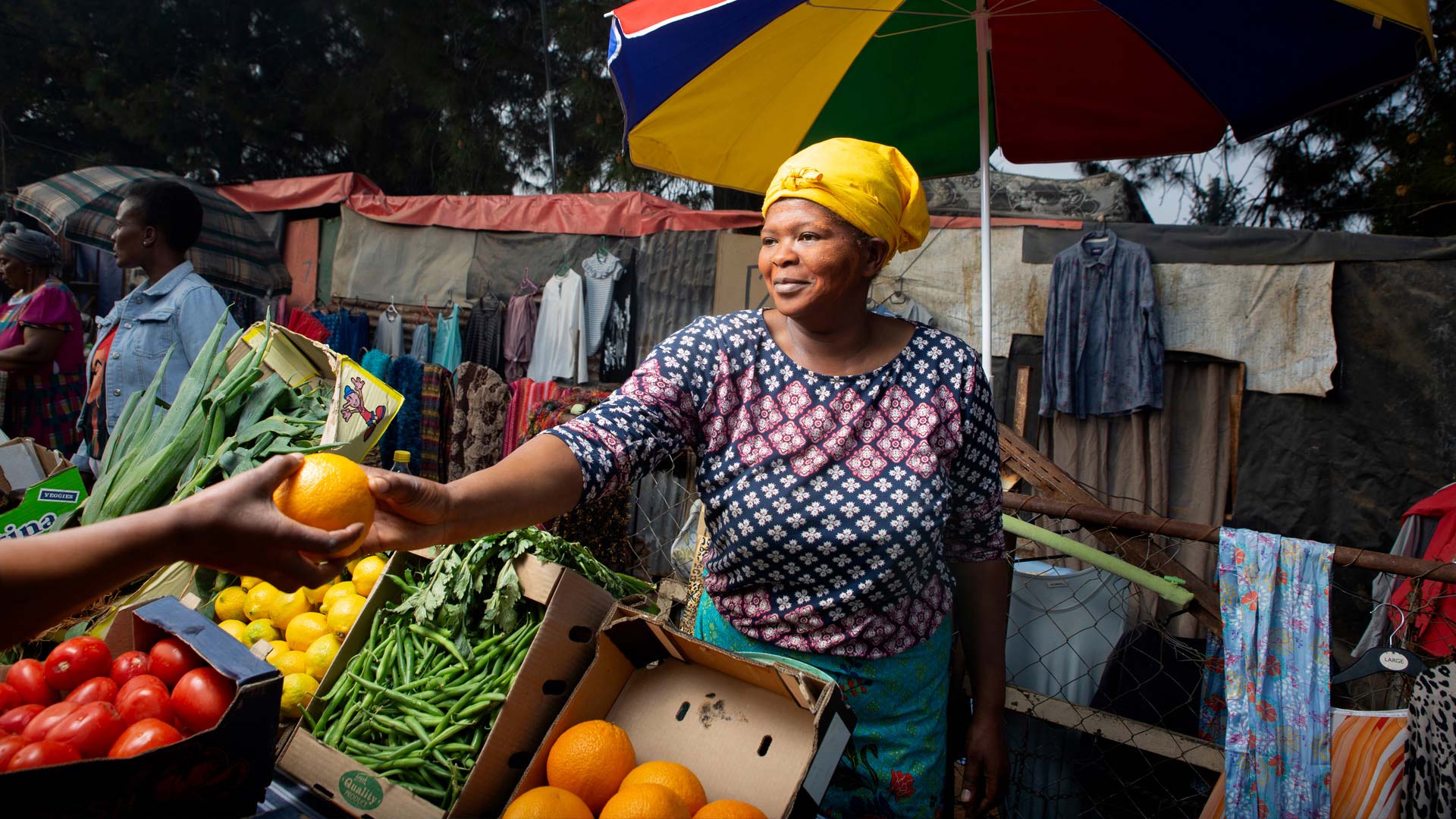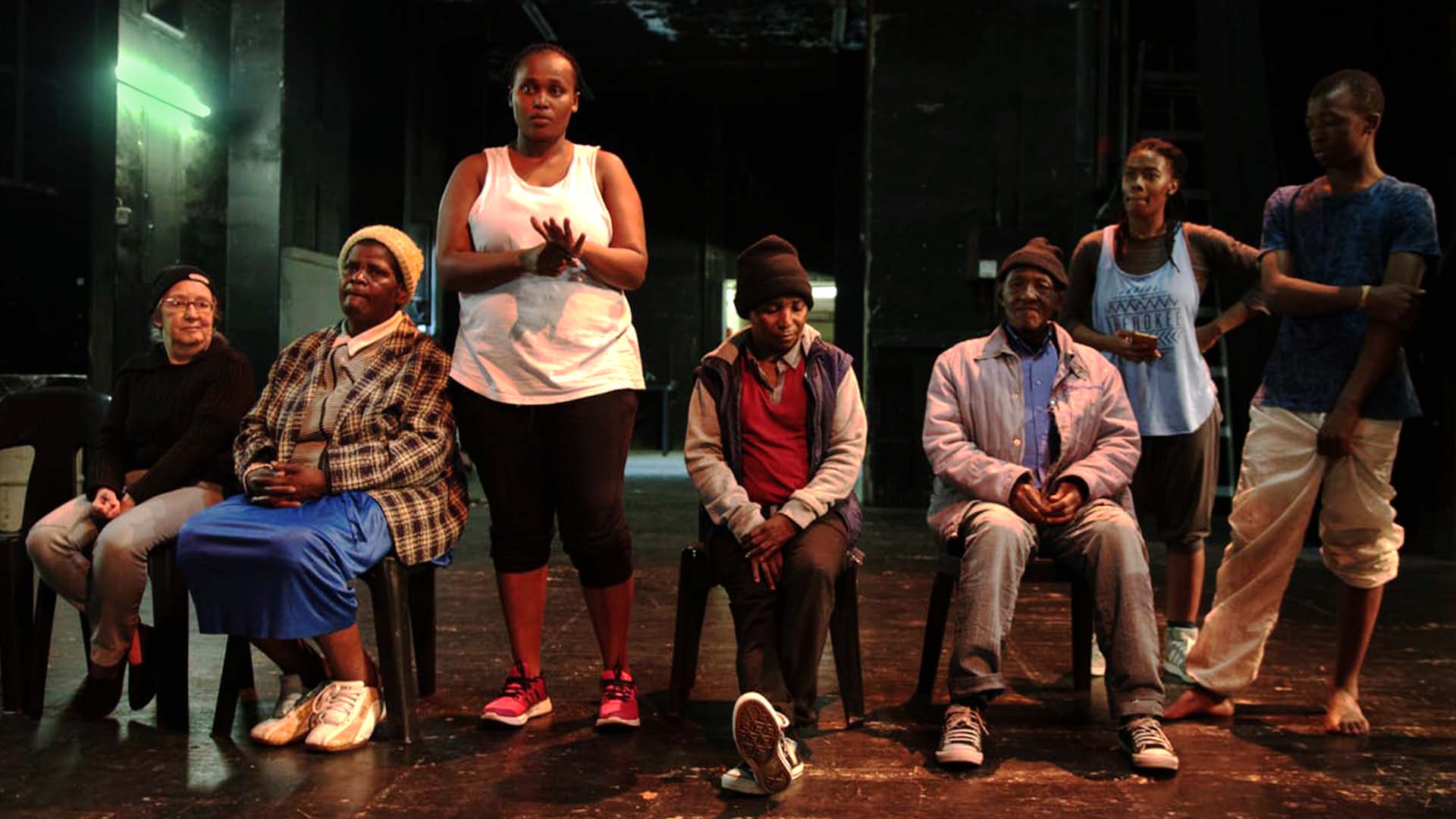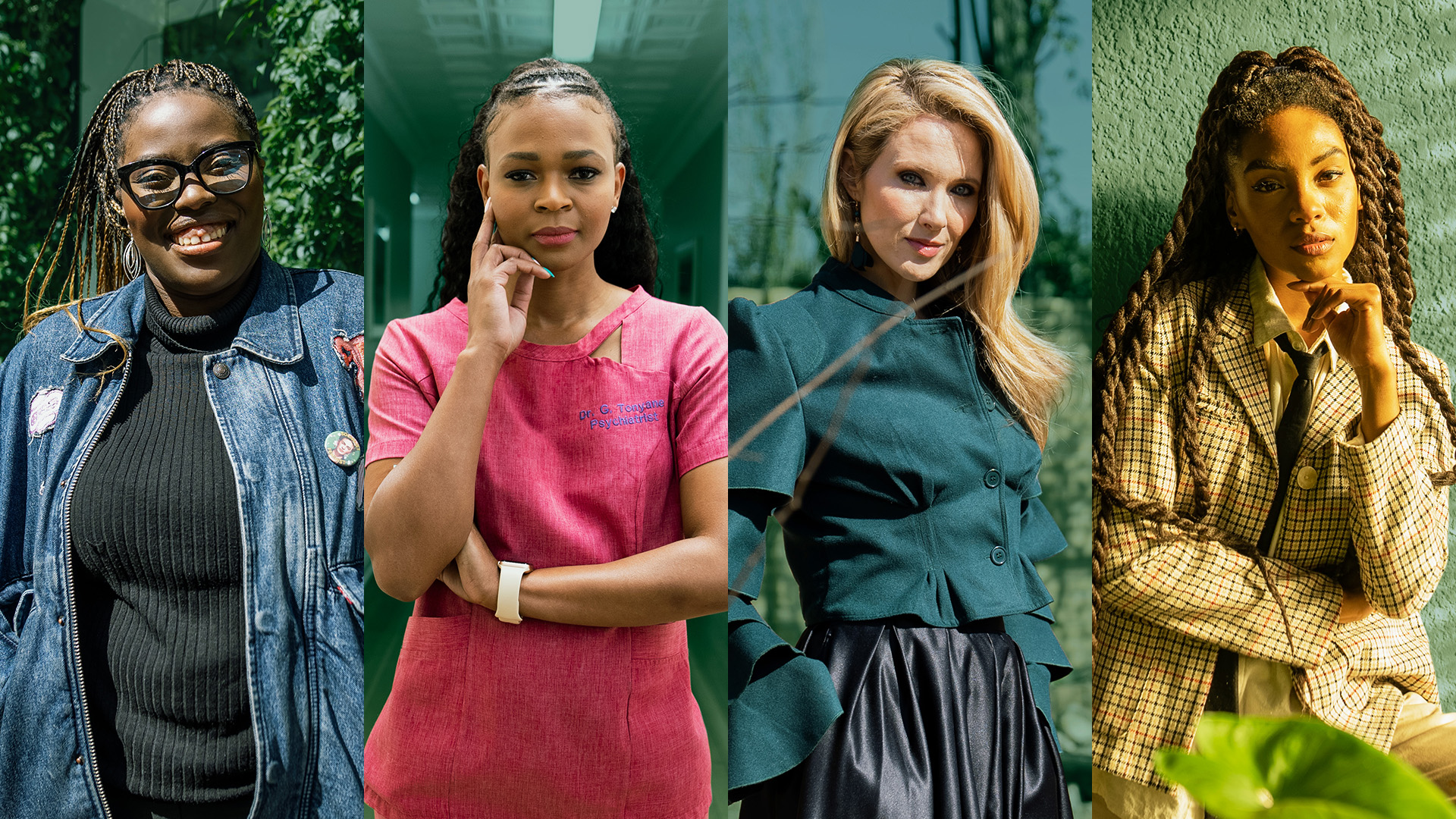Before we delve into the contemporary journey of youth empowerment in South Africa, let’s take a moment to go through the facts about the historic event that sparked this journey: the June 16 Uprising of 1976.
The Soweto Uprising that spread across the nation
The June 16 Uprising began as a protest demonstration led by high school students in Soweto. The students were protesting against the Afrikaans Medium Decree of 1974, which imposed Afrikaans as a language of instruction in black schools.
An estimated 20,000 students took part in the Soweto march on 16 June 1976. The initial protest began as a peaceful march, but it turned violent when the police opened fire on students. This pattern continued as resistance spread quickly throughout the country, sparking protests that became a nationwide youth uprising.
The iconic photograph of Zolile Hector Pieterson, a 12-year-old boy shot by the police on 16 June, focused global attention on apartheid as the ongoing conflict hit the front pages of international media. The uprising played a crucial role in bringing international sanctions to bear against the apartheid regime.
Commemorating a victory against apartheid
Despite the violent reaction by the state, the student resistance achieved its goal when, in 1979, the Department of Bantu Education allowed schools to choose their language of instruction. The June 16 Uprising is now commemorated as Youth Day, a public holiday in South Africa.
The day serves not only as time to remember the past, but also to remind us of the most urgent contemporary youth issues in South Africa. Every Youth Day, South Africans take to social media to commemorate the historic June 16 Uprising. Amid these reflections, conversations often shift to contemporary challenges that our youth face, the most pressing being unemployment.
Nedbank is on board with #Yes4Youth
In 2018, government launched the Youth Employment Service (YES) Programme, attempting an innovative solution to youth unemployment in South Africa. Nedbank took a leading role by investing in the programme through our #Yes4Youth initiative, inducting 3,315 previously unemployed youth into the 12-month YES journey in 2019.
Nedbank increased its commitment in 2020, offering opportunities to 3,340 unemployed youth. At the same time, the Nedbank Education Trust awarded bursaries to 131 students, marking an increase from the 97 bursaries granted in 2019.
Graduate programmes – bridging the gap between theory and practice
Nedbank’s graduate programmes aim to bridge the gap between theoretical knowledge and workplace experience, while also attracting and retaining critical talent and skills. In 2020, despite the challenges posed by Covid, the bank welcomed 62 graduates into various programmes.
In 2021 and 2022, the #Yes4Youth initiative continued to shine, creating more than 1,800 job opportunities. Nedbank’s commitment to empowering the youth and addressing unemployment remained undiminished, with partnerships like WILDTRUST and Africa Foundation providing valuable exposure to environmental sustainability and socioeconomic development activities.
YouthX – unlocking potential and inspiring change
To further our commitment, Nedbank introduced YouthX, a platform designed to inspire the youth, unlock their potential, and offer them access to crucial resources and mentorship. Ziyanda Dludla, winner of the Changemaker of the Year award at the 2022 YouthX Summit, serves as a shining example of the impact YouthX can have on the lives of young South Africans.
As we reflect on the journey so far, let’s remain inspired by the resilience of the South African youth, from the brave students of the June 16 Uprising to the current generation leading the way towards a brighter future. Through initiatives like YES and YouthX, Nedbank stands as a committed partner in this journey, dedicated to nurturing the talents, aspirations and careers of the South African youth.








